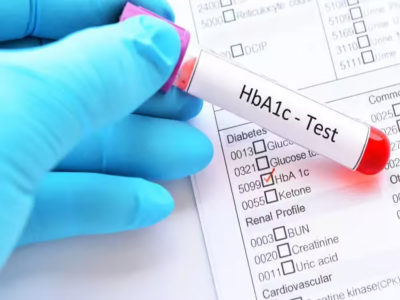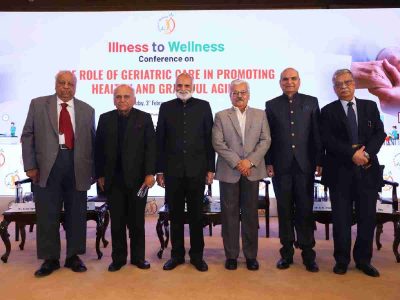It was during the peak of the COVID-19 pandemic that the world finally looked up and saw the people who had always been there: nurses—masked, gloved, exhausted, and unflinching.
International Nurses Day, observed on May 12 to mark the birth anniversary of Florence Nightingale, comes as a reminder that even outside a crisis, nurses remain the backbone of patient care.
Their work rarely makes headlines, but it holds hospitals together—from monitoring vital signs to offering quiet reassurance to families. In most cases, they are the first to notice when a patient is slipping and the last to leave the bedside.
“Nurses play a central role in reducing patient discomfort, managing critical cases, and providing support to families,” said Leela Nair, Chief Nursing Officer at Asian Hospital. “Their contribution goes beyond routine tasks; they are involved in long-term care planning and decision-making processes.”
Nair believes the profession deserves far more attention from young people looking for meaningful careers. “The healthcare sector increasingly requires professionals who are both technically skilled and emotionally resilient,” she said.
She added that the profession is evolving beyond ward duty. “Nursing is not limited to clinical work. It also involves interpersonal communication, coordination, and crisis management. The scope of nursing will continue to grow as healthcare becomes more specialised and patient-centric.”
That evolution is already visible. At Aakash Healthcare, Dr Aashish Chaudhry, Managing Director, sees nurses as central to daily hospital operations. “They are responsible for monitoring patient conditions, ensuring treatment protocols are followed, and offering support during hospital stays,” he said.
For many, he added, the path to nursing begins at home. “Family tradition or early exposure to the profession often shapes career choices. What matters is clarity about one’s motivation, as nursing requires commitment through rigorous training and practice.”
But while private hospitals may offer better infrastructure, nurses in public institutions often work under far more challenging conditions.
“In government hospitals, especially in regions like ours, nurses often work with limited staff and infrastructure,” said Joziea Farooq, Nursing Officer at Government Medical College, Anantnag, Kashmir. “This demands not only clinical skills but adaptability and strong decision-making under pressure. The ability to work in such conditions is essential, particularly in emergencies.”
Also Read: World Asthma Day: India’s asthma crisis deepens despite treatability
Farooq, who has seen the system from its most strained angles, spoke of the invisible labour that nurses perform. “Nurses are the unwavering bridges between doctors, patients, and their families, acting as catalysts who transform medical care into a seamless journey of compassion, understanding, and healing.”
All three professionals agreed that India’s healthcare future will depend not just on medical technology or hospital expansion, but on who stands at the bedside.
Public awareness, stronger mentorship programmes, and honest portrayals of nursing in education and media, they said, are crucial to attracting the next generation of skilled, committed nurses.





